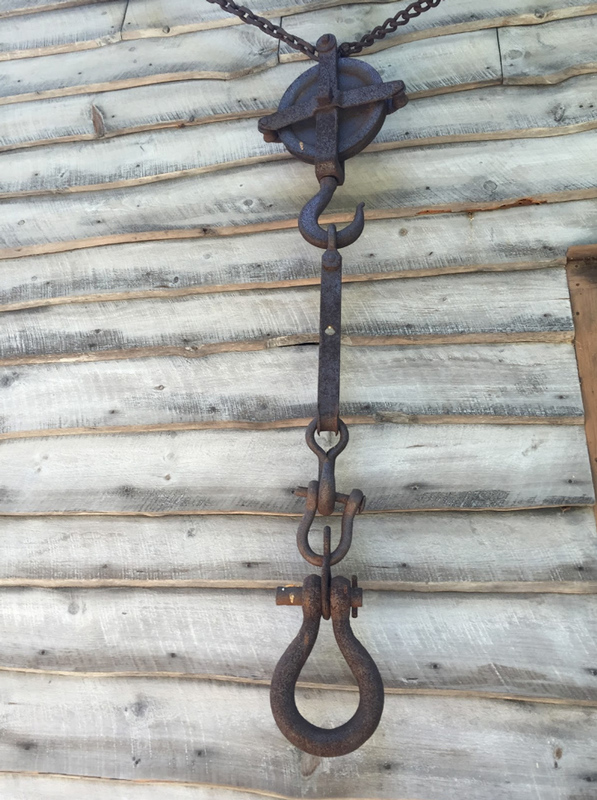EPIC LABOR OF LOVE: 🖤 OF STONE

OPUS 40
Our hearts quicken every time we enter Opus 40, sculptor Harvey Fite’s 40-year Labor of Love.

“‘Opus 40’ is a cousin of Stonehenge and the long since vanished Hanging Gardens of Babylon…the greatest earthwork sculpture I have ever seen.”
-- Brendan Gill, Architectural Digest

A monumental installation of environmental sculpture, Opus 40 rises up after it digs deep into a bluestone quarry, located in Saugerties, NY, a rural area about 100 miles north of Manhattan. The work is built entirely out of the bluestone.

Fite, one of the founders of Bard College Fine Arts Department, purchased the then abandoned quarry in 1938, originally so he could have a ready supply of blue stone for his smaller representational sculptures. But he soon got inspired to build something greater.

It began with one stone, as every journey begins with one step, then Fite’s sculpture grew, over a period of 37 years, to span 6 ½-acres of land, sitting within a 70+acre forest.

Fite called his work “Opus 40” because he anticipated that it would take him 40 years to complete. But Fite died in 1976, in the 37th year, when he accidentally backed his pickup truck over the edge of the quarry. He was 72 years old. You can see the unfinished section of the quarry where this labor of love abruptly stopped.

While it is utterly sad that this passionate artist worked so hard for so long only to miss the joys of seeing the final fruits of his labor, we are uplifted by his ardent effort and brilliant vision.

Fite constructed this epic work single-handedly, using dry-key stone techniques adapted from the Mayans, laying each piece by hand. Millions of pieces of stone are beautifully fit together to create curving walls, stepped terraces, swirling ramps and pavillions.

As it is an Earth artwork, Fite designed it to include natural pools, fountains, trees, and shrubs. As the light changes throughout the day, we see the whole of it with different shapes and shadows.

Like a multi-level labyrinth, one can walk through, around, and over it. There are 16-ft deep subterranean pathways.

The work is crowned with a 9-ton bluestone monolith that rises 3 stories above ground.

Though Fite was not associated with the Land Art or Earthworks sculptural movement of the 1970s, he came to be known as a pioneer of that movement. Now, Opus 40 has been designated A National Historic Place.

When you visit Fite’s stone labor of love, you can also see the home where he and his family lived, draped with some of the old chains and winches Fite used in his work. You can also see Fite’s studio, blacksmith shop and Quarryman’s Museum.

During the summer, you can also enjoy outdoor concerts, performed atop the highest platform of the sculpture. On Sunday mornings, you can bring a musical instrument and join a local jam session, led by Tad Richards, a highly accomplished musician, songwriter, and bestselling author. Richards, who is also Fite’s stepson, serves as the Opus 40 artistic director.

Read more about Beautiful Labors all this week on BeautifulNow. And check out more beautiful things happening now in BN Wellness, Impact, Nature/Science, Food, Arts/Design, and Travel, Daily Fix posts.

Want more stories like this? Sign up for our weekly BN Newsletter, Like us on Facebook. Follow us on Twitter, Instagram, Pinterest. Join our BeautifulNow Community and connect with the most beautiful things happening in the world right now!
Do you have amazing photos? Enter them in this week’s BN Photo Competition.

All Images by Shira White. “Opus 40,” by Harvey Fite. Saugerties, NY.

